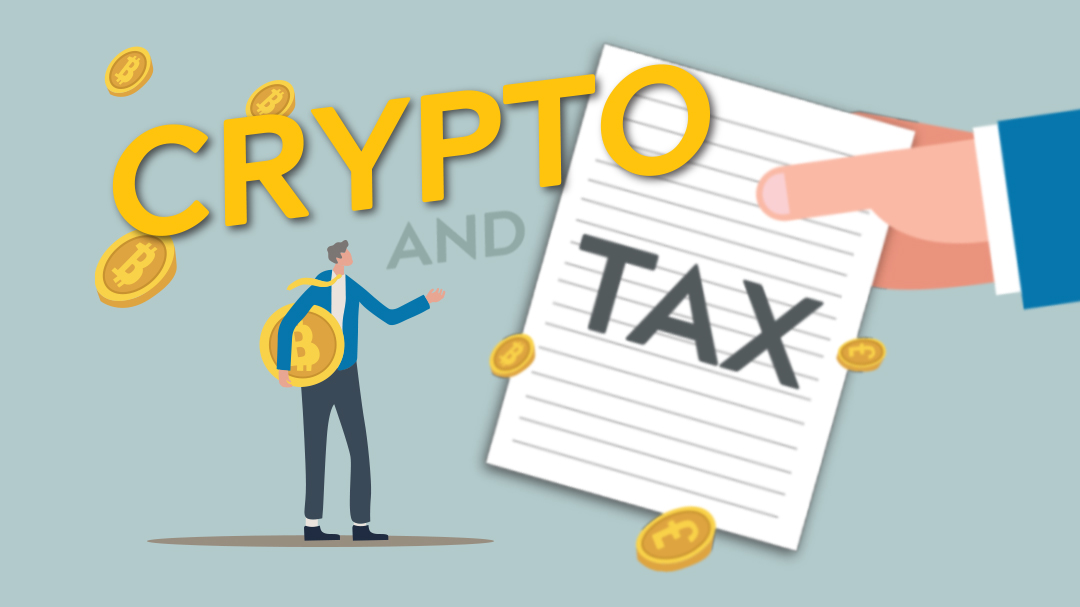Crypto assets are digital or virtual currencies which use cryptography to secure their transactions and control the creation of new units. The potential for huge profits from disposing of such assets has attracted attention from investors all over the world, as well as HM Revenue & Customs (HMRC).
In this article, we will explore the tax implications of crypto assets and how they are treated in the UK taxation system.
Crypto assets, also known as cryptocurrencies, have existed for just over a decade, but created a lot of controversy and concern among governments worldwide. One of the primary reasons has been that crypto assets are largely anonymous, which makes it difficult for authorities to track how they are being used. This in turn led to uncertainty about their legitimacy and the tax implications. However, the UK government has taken steps to ensure that crypto assets are treated like other non-monetary assets for tax purposes.
The UK taxation system categorises crypto assets as either trading or investment assets. Trading crypto assets are those that are bought and sold regularly, with the intention of making a profit. Investment crypto assets are those that are bought and held for the long-term, with the aim of generating capital gains.
For trading crypto assets, profits are subject to income tax, and losses can be used to offset other taxable income. The tax rate will depend on the taxpayer’s income tax bracket. If someone is classified as a professional trader, they may also pay National Insurance contributions.
For investment crypto assets, the rules for capital gains tax (CGT) apply. Capital gains made when selling your investment assets are subject to CGT, and you will only have to pay CGT on the profit made after the annual allowance is deducted. The current annual allowance is £6,000 for individuals.
If someone is classed as a business in the eyes of HMRC (for example, if they mine or trade in crypto assets as a full-time job), then they will be taxed on their profits as if they were trading. HMRC sees this type of business activity as being subject to Income Tax and National Insurance contributions.
It is also important to note that the UK taxation system treats all crypto assets equally. Whether it is Bitcoin, Ethereum or any other cryptocurrency, they are all classified and taxed in the same way. However, the complexities of crypto asset transactions, including forked tokens, tokens received as payment for services, and initial coin offerings (ICOs), can make it difficult to determine the tax liability, and it’s essential to get advice from a tax professional.
HMRC’s guidance on crypto assets provides an overview of the tax treatment, but it is important to consult a tax professional for tailored specific advice, especially if your individual situation is complicated.
In conclusion, the UK taxation system treats crypto assets in a way that is relatively straightforward, but with a lot of potential complexities. The tax implications of trading or investing in crypto assets will depend on how they are held or used, and it is important to keep accurate records of your crypto asset transactions. As the crypto asset industry continues to grow and mature, it is likely that the UK taxation system will continue to evolve and adapt to this new asset class.
If you need any crypto related taxation advice, then give us a call on 0800 001 6686 or email us at info@independent-tax.co.uk
